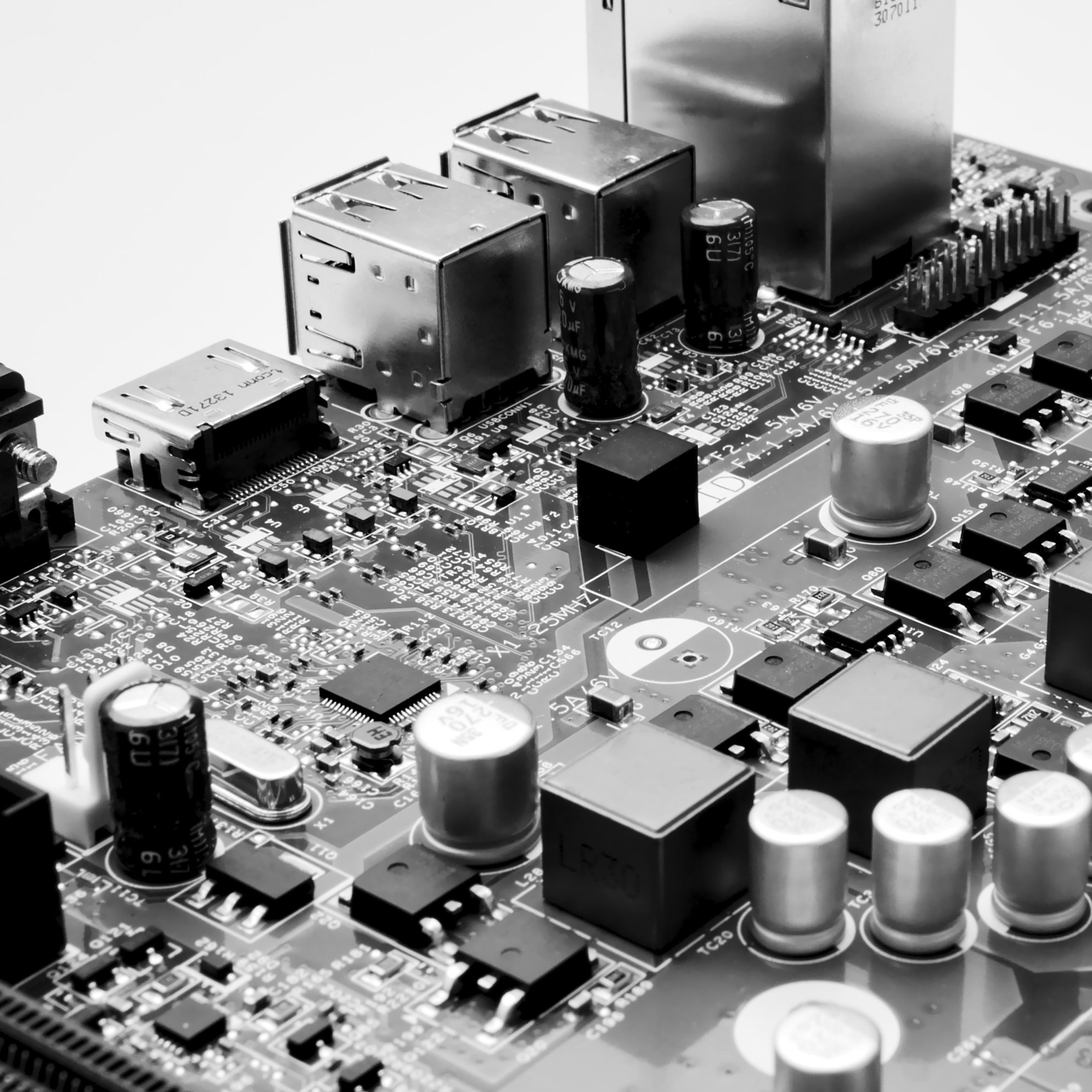Training Objectives
Electrical power grids of the future will differ significantly from the power systems of the twentieth century. Current applications of smart grids around the world already solve some issues related to energy transmission. These include the small capacity and intermittent nature of renewable resources; the constraints of existing lines operated close to their thermal and stability limits; and uni-directional transmission from production to user. In addition, new 'intelligent' demand of products and devices such as electric vehicles and heat pumps demand changes in the way electricity is transmitted. Why are smart grids the answer? Being robust and flexible, intelligent electrical power grids effectively coordinate energy supply and demand in a dynamic way. This enables the electricity from solar cells or wind farms, for example, to be incorporated within the distribution network. Biogas could be introduced locally within the gas network. Last but not least, smart grids also provide the flexibility needed to stimulate change in the energy market such as product innovation, privatization and internationalization. Understanding smart grids is a must for advancing your career in the energy sector, particularly in the fields of renewable energies, governmental policy, or consultancy. In the first course, you will be introduced to the layout of a smart grid, its components, its dynamics and the challenges in modeling and studying it. In the second course, you will put this knowledge into practice and develop your own models and scenarios to study and analyze the outcomes of some common smart grid disturbances.Training Contents
Identify the impact of variable renewable energy sources (VRES) and smart energy demand on electrical power grids; and different tools and approaches to design a smart grid. Apply optimal power flow (OPF) solutions to evaluate the performance of an electrical power system with integrated renewable energy sources. Analyze intelligent electrical power system dynamics (frequency stability) to achieve active power balance, and identify control-room technologies for system-wide remote monitoring, protection and risk management of smart grid cyber security. Simulate a 9-bus grid, with and without variable renewable resources. Analyze and mitigate the impact of "intelligent" but common grid disturbances in electrical power systems.Digital Innovation Hubs
Technology
- Artificial Intelligence
Technique
- Workshops
- Practical exercices
Channel
- Online
Technology Absortion Cycle
- Awareness of technology
- Implementation
Target Group
- Engineers
Instruction Level
- Advanced
Sector
- Energy
Education Level
Capacity
- More than 20
Project
Delft University of TechnologyCountries where training is provided
ArrayCities where training is provided
DelftLanguages this training can be provided
Array

Views: 259 views


